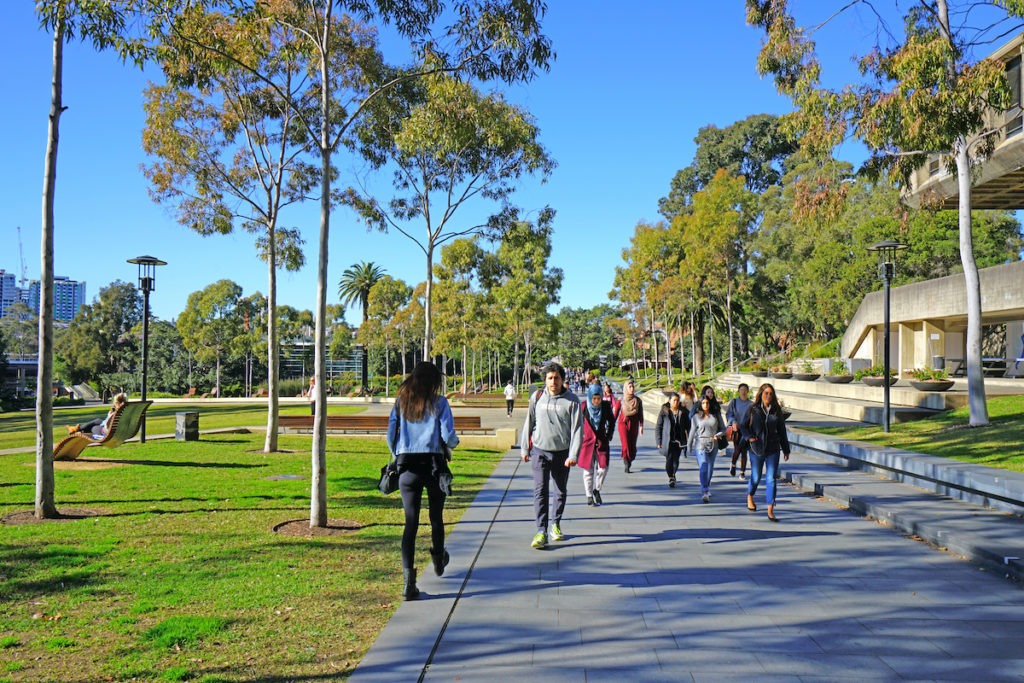Education Minister Dan Tehan is coming to the rescue of students finding it tough. He’s issued a proposal to pull government fee support from students who fail more than half their units in their first year.
He’ll be “putting students’ interests first” according to his media release, and hoping to prevent students from racking up large debts.
But the plan is ill-thought-out in terms of how it will impact students differently, and particularly how it could impact women or disadvantaged students. Once again, it carries no specific gender analysis – just like with the early-superannuation access scheme. You’ve also got to question the timing: why this and why now.
It’s also ill-thought out in terms of timing.
Yes, the changes may prevent students from starting but never completing 44 different university courses, an example Minister Tehan cited that I think we can assume is rare, but this plan gets a fail for how much more unnecessary anxiety it creates for a segment of the population that is – and will continue – to face a particularly tough time in the coming years.
This shake-up will widen inequalities. It’s easier to attend classes, pass exams, and have a thriving experience in your first year of university if you’re not relying on paid work to manage your living expenses. Paid work that could also be in short supply for some years to come. It’s also easier if you’re not the first in your family to attend university.
Under the plan to commence in January 2022, students will lose HECS-HELP if they fail 50 per cent of eight or more units in a Bachelor degree – leaving it to the student to prove to their university that personal circumstances have adversely affected their academic performance. Minister Tehan says around 6 per cent of university students fail every subject in their first year.
These are changes that can impact students of any age, but will particularly hit those who are studying years 11 and 12 right now. Students who are facing significant pressure and uncertainty – and extreme differences in the quality of education they can access during the COVID-19 lockdown periods. As Tanya Plibersek said in response to the announcement, “our year 11 and 12 students are having a hell of a year, so why is Scott Morrison so determined to target them in their first years of uni?”
People fail and drop out of university for many reasons. And particularly in their first year of university.
One factor would surely be overwhelm and time: the pressure stacks up if you have multiple responsibilities.
Other factors could involve discrimination, experiencing racism, sexism, sexual harassment or sexual assault, illness, a disability, or mental health issues.
Those with caring responsibilities can also have a difficult year, especially if they are trying to combine study with caring for kids or someone else who has come into their care, and in many cases on top of paid work also.
These are not always simple things to “prove” or explain as a reason for a year of poor academic performance, especially in the case of sexual assault.
Many women – we know from our own research and discussions with universities – go on to pursue a university degree after having children, often as a means to reskill and get the confidence they want to make a return to work or a shift in their career. They may attend uni while juggling kids and working responsibilities, which you can see could get overwhelming, particularly in that first year. Should they really be penalised because of it? Couldn’t they instead be left to determine themselves, if they can and should continue?
And could a plan like this actually prevent potential students from ever taking the leap into pursuing a degree in the first place?
Responding to the announcement on Thursday, people have been sharing their experiences of their first year at university.
Some women have shared how they had a new baby or were caring for kids, and simply couldn’t focus during that first period. Others spoke of experiences with harassment, of overwhelm, illness or disability – and in many cases failing that first year but going on to successfully complete the degree.
Professor Rae Cooper told ABC radio that in her first semester of university she “failed dismally”. She almost gave up, but then swapped majors and ended up being awarded a university medal. “I was just bewildered and lost and I didn’t know how to navigate the system,” she said.
And university lecturer Emily van der Nagel has reminded the Minister that people make mistakes.


